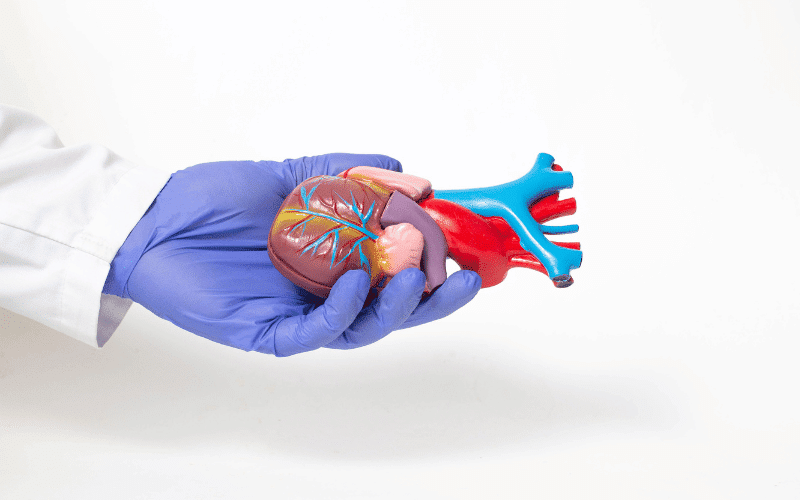Fact 13. Demystifying Heart Transplants: A Last Resort for Cardiomyopathy

In some severe cases of cardiomyopathy, where other treatments have not worked, a heart transplant might be considered. A heart transplant involves replacing a person’s diseased heart with a healthy heart from a deceased donor. Though it’s a major operation and comes with its own risks, it can dramatically improve the quality of life and prognosis for people with advanced cardiomyopathy.
The journey towards a heart transplant begins with a thorough evaluation to determine if the individual is a suitable candidate for the procedure. The evaluation process considers several factors, including the individual’s overall health, the presence of other medical conditions, and their psychological readiness for the procedure and the necessary post-operative care.
Once approved for a transplant, the individual is placed on a waiting list for a donor heart. The wait can vary from days to months or even years, depending on the availability of suitable donor hearts. During this waiting period, individuals may need to stay in the hospital or have treatments to manage their heart failure symptoms.
Post-transplant, individuals will need lifelong care, including taking immunosuppressive medications to prevent the body from rejecting the new heart. These medications, while crucial, can have side effects and require close monitoring.
Though a heart transplant is a significant procedure, it can offer a new lease on life for those with severe cardiomyopathy. Advancements in surgical techniques, post-operative care, and immunosuppressive therapies have led to improved outcomes and survival rates for transplant recipients. (13)